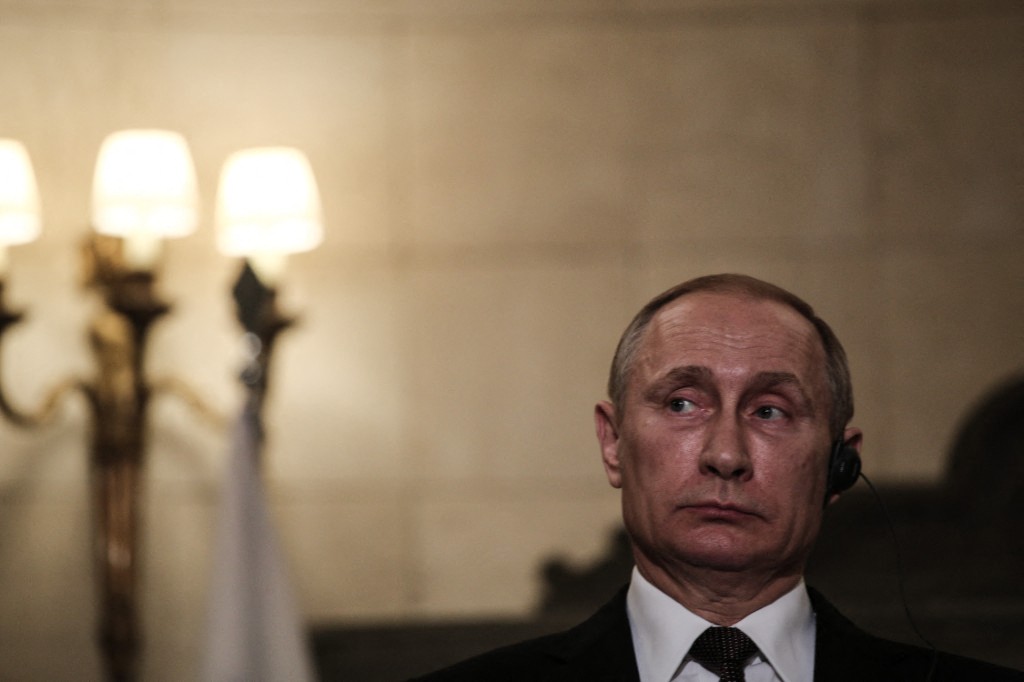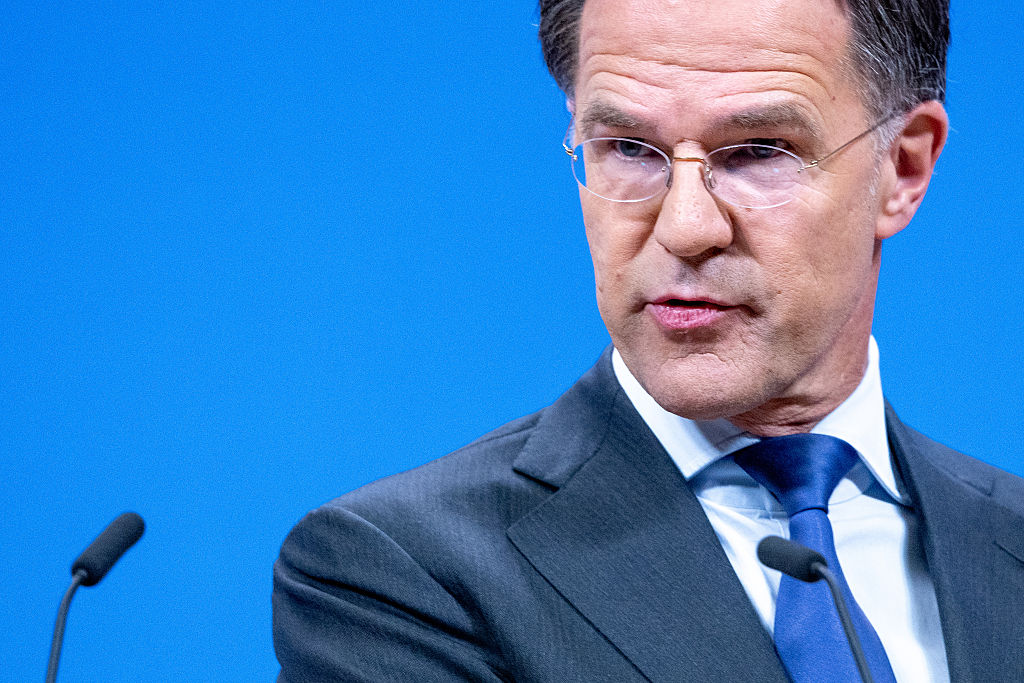If an uninsured Russian rust-bucket goes down off your coast causing massive environmental damage and loss of life, it will be easy to point the finger of blame.
Operating such a sub-standard vessel is both illegal and immoral, but it is the logical, foreseeable result of the legislation that has forced Russia’s shadow fleet into existence.
The European Commission was warned. The industry lobby, European Community of Shipowners’ Associations (now European Shipowners) told Brussels law-makers before the legislation came into effect that sanctions would backfire. No-one listened.
“You are splitting the industry in two,” the lobby’s president told them.
The message was delivered in private because doing anything other than supporting sanctions was — and to a lesser extent, still is — considered grounds for labelling someone “pro-Putin”.
If you were a Russian shipowner and found yourself suddenly cut off from the dominant London P&I insurance market, what would you do? Simply shut up shop? Or would you, as they have done, look for alternative insurance providers that would inevitably lack access to the massive re-insurance required to cover potential, colossal risks.
Before EU sanctions, there were already sanctions-dodging ships, but the “shadow fleet”, as a concept, didn’t exist; the International Maritime Organization officially approved the term in 2023. Since EU sanctions, the world has seen a shadow or ‘dark’ fleet of hundreds ships spring up, most of them tankers. The number of EU-listed vessels in Russia’s shadow fleet has now reached 557, the Commission said ahead of announcing this week’s raft of legislation.
False-flagging — a trick used to evade sanctions enforcement by pretending a shadow fleet vessel is legitimate — has become a global game of whack-a-mole that authorities are losing. False-flagged Dutch “kingdom” ships claiming to be flagged in Curaçao and Aruba (which doesn’t even have a ship registry) have been spotted in Dutch waters, much to the frustration of local industry.
By cutting off insurance and then putting pressure on registries to de-flag Russia-linked ships, regulators have ensured that dodgy Russian operators have no alternative than to employ every trick in the book.
Compare the chaotic situation on the High Seas today with the confidence that accompanied the European Commission’s first package of sanctions. “Russia has a merchant fleet of 2873 vessels flying its flag. These ships will not be allowed to call at EU ports anymore,” the Commission stated in April 2022.
The Brussels executive predicted that “any attempt to circumvent the sanctions by change of flag could be easily identified by the port authorities through a check of the IMO number of the vessel together with the records on-board the ship.”
As is often the case, shipowners have outwitted the regulators.
This chaos might be forgivable if the sanctions had worked.
Adopting a short-sighted perspective, Brussels believed the rest of the world would follow its sanctions lead. The US was also involved in the policy, but – until President Trump’s threat of secondary sanctions – the EU and the UK were in charge. The world’s P&I insurance market was totally dominated by Europe (mostly by London), and given that the US has no commercial fleet to speak of (unless you count vessels trading under the Marshall Islands flag) Washington cannot be considered the author of this cock-up.
When countries such as India politely declined to impose similar maritime sanctions on Russia, the reaction in Brussels was surprise. The European Commission sent out “envoys” to try to figure out how anyone could possibly fail to see the logic of the geniuses in the executive’s sanctions team.
These envoys were sent back with a flea in their collective ear. “You want us to help when you have problems, but when we have problems, you look the other way”, was the message.
It was a classic case of European hubris. The EU thought itself capable of regulating the world: The much-vaunted “Brussels effect”.
Rather than “bring Russia to its knees”, the main result of EU maritime sanctions has in reality been greater dependence, for Europe, on liquefied natural gas imports. Europe is today so dependent on imported LNG that is actually importing more Russian LNG than ever: A fact that is often overlooked when assessing the effectiveness of the unending wave of sanctions and the often-bypassed oil price “ceiling”.
According to current forecasts and what could turn out to be fantastical handshake deals struck with President Trump, Europe will become hugely dependent on US LNG imports as it weans itself off all Russian hydrocarbons, making the continent the subservient partner in any trans-Atlantic understanding.
And that’s without mentioning the recessionary effect of higher energy prices for the driver of European industry: Germany.
Also perhaps worth mentioning is that these sanctions have accelerated the shift from West to East that was already underway in the maritime world. Europe’s share of the world’s controlled fleet – as well as the world’s flagged fleet – has been in steady decline for more than 15 years, a decline that in all likelihood will never be reversed (Brussels law-makers aren’t bothered).
European shipbuilding has been pushed back to one-and-a-half niches and there’s no sign of a “make European shipbuilding great again” movement analogous to what’s going on in the US – the European Commission at one point actually disbanded its entire team of shipbuilding policy-makers.
There has admittedly been the odd sign that Brussels realises something is amiss. When first trying to decide what to do with Russian seafarers – on whom the European fleet has traditionally been highly dependent – the initial reaction was to leave them out of the EU’s visa clampdown. That policy has also now gone awry following the realisation that pissed-off Russian ship masters, or even ratings — might turn into saboteurs.
None of the above has anything to do with the war in Ukraine. In its desire to “squeeze” Russia, Europe has simply shot itself in the foot without achieving its goals, and with the undesired and arguably negligent consequence of unleashing chaos on the High Seas.
To solve this problem, the EU is now working on a more “robust” policy to board suspected shadow fleet tankers; several have already been detained (and some released) by the EU’s coastal states. Russia has already scrambled jets to protect its assets on one occasion — a sign that commercial shipping could become the backdrop for a nasty escalation.
Justin Stares is founder and editor of maritimewatch.eu





The EU sanctions on Russia have had no effect on Putin’s economy